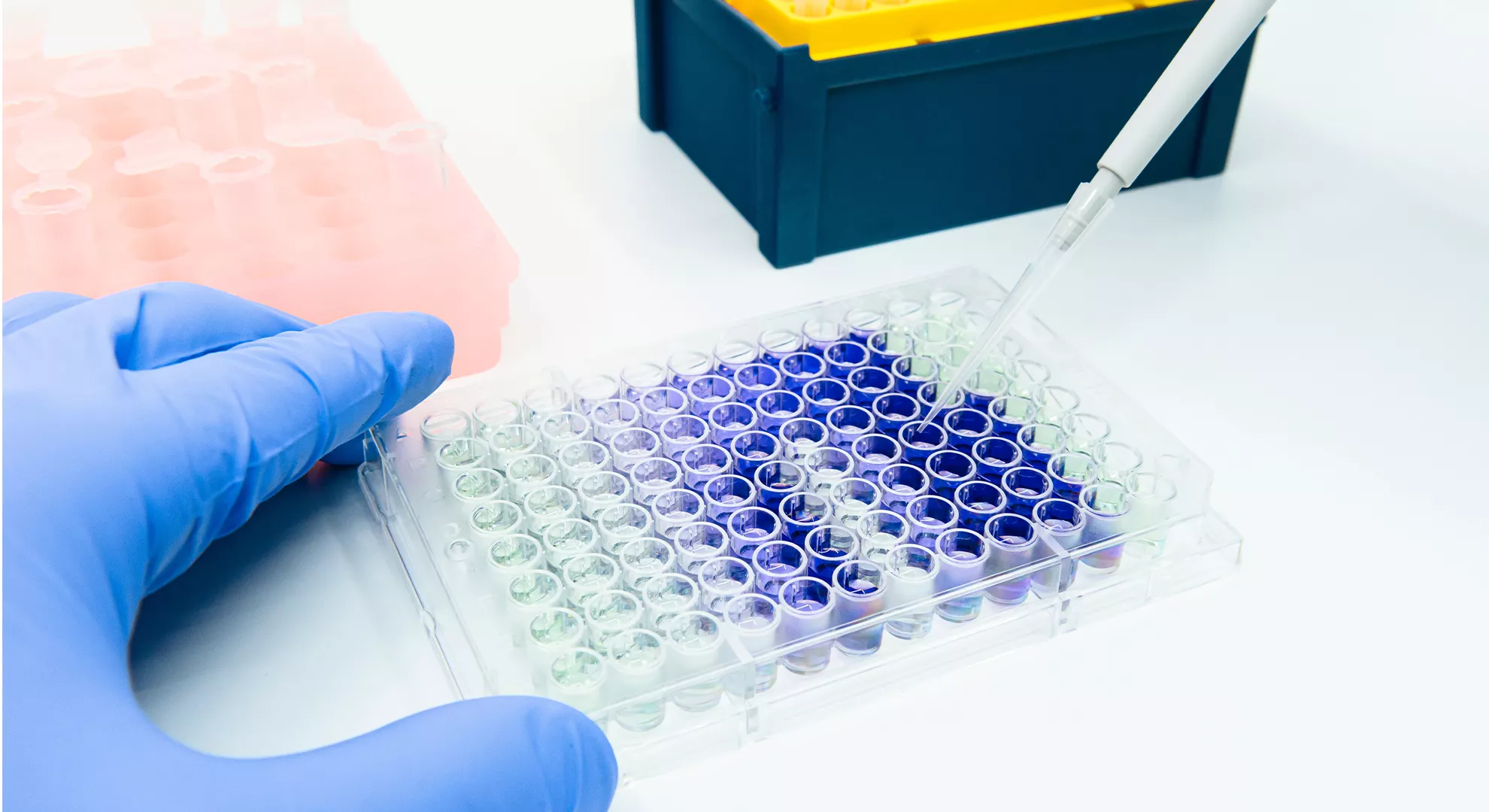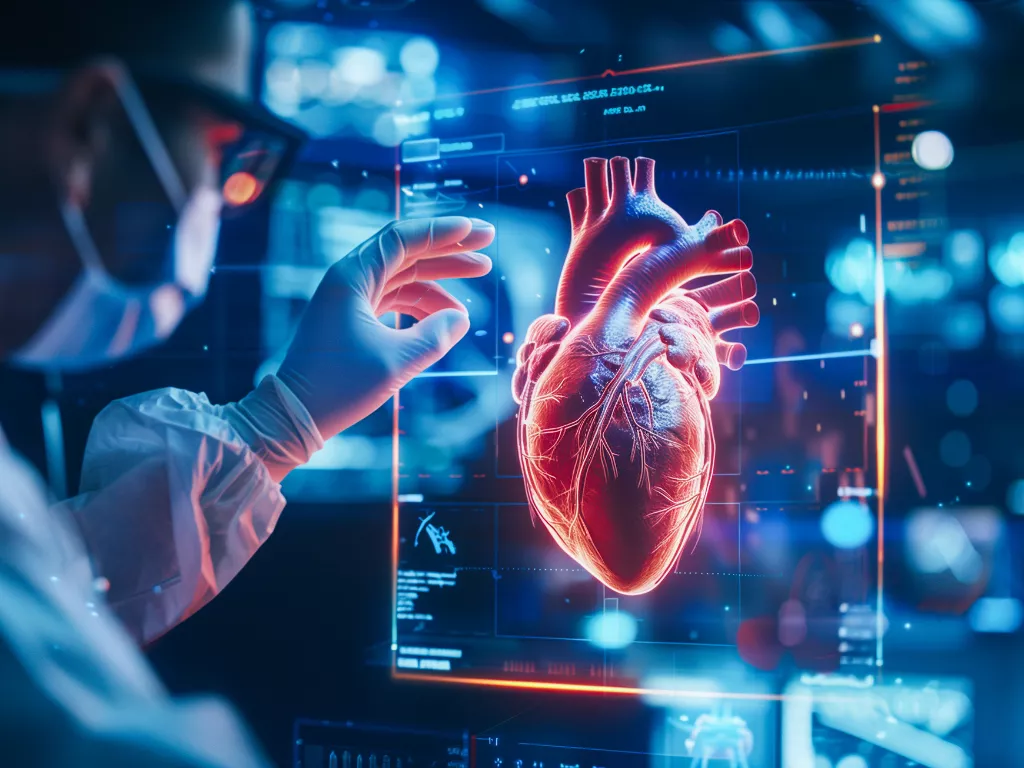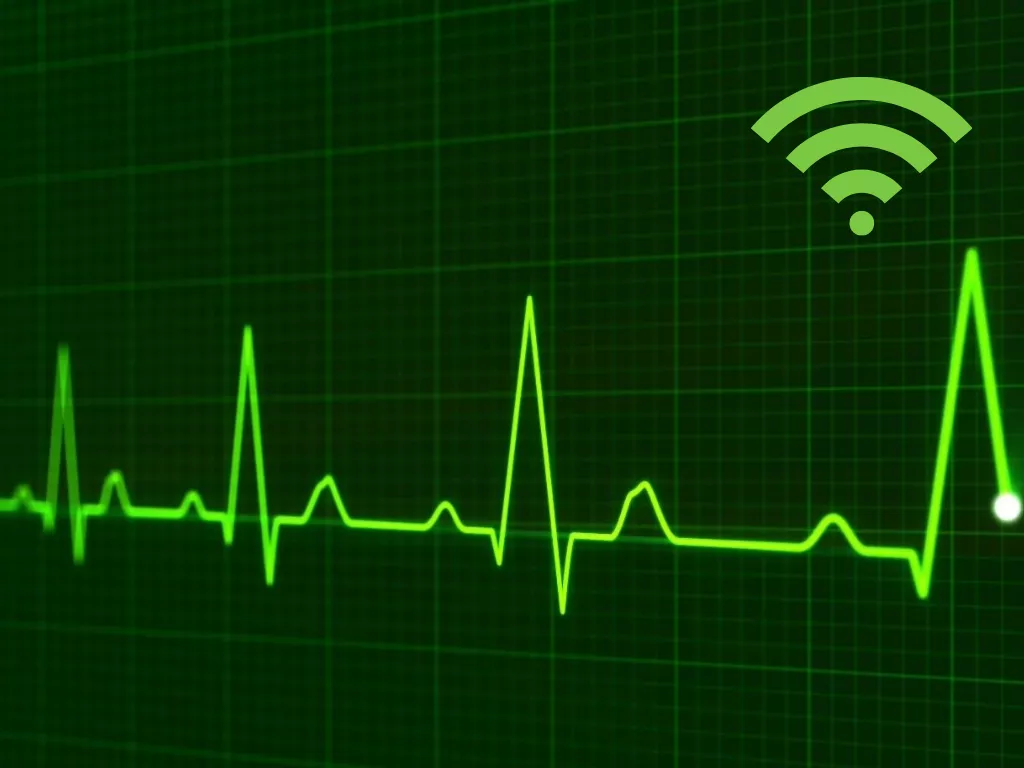Biocompatibility testing of Medical Devices.
From diagnostics through surgery, medical professionals use a variety of devices to address patient health. When medical equipment or material comes into contact with a patient, it should perform its intended purpose without harming the patient. As a result, all medical devices must undergo a rigorous biological risk assessment to safeguard patients from any device-related toxic, physiological, immunogenic, or mutagenic impacts. Biocompatibility testing can help with this.

Biocompatibility in medical devices is, by definition, a measurement of how compatible a device or material is with a biological system. The ISO 10993-1: 2018 standard defines biocompatibility as the “ability of a medical device or material to perform with an appropriate host response in a specific application.
What we covered in this webinar:
- Introduction to Biocompatibility
- Need for Biocompatibility
- Biological Evaluation of Medical Device
- Introduction to ISO-10993-1 Outline of the Biocompatibility
- Endpoints for Evaluation as per ISO 10993-1
Biocompatibility categorization for medical devices based on:
- Nature of Contact
- Duration of Contact
The standard biocompatibility tests are
- Cytotoxicity Assay
- Sensitization Study
- Irritation Study
We also covered, how more tests must be performed based on the device and nature & duration of contact. In addition, we also looked into reports that are necessary from a regulatory point of view and how to analyze and interpret supporting data.
Towards the end, we also covered:
- how can we, limit the use of animals with the help of the literature reviews and history of safe use.
- how biocompatibility for a device is planned with material selection, characterization, and biocompatibility testing.
- how to determine which specific tests need to be considered based on device categorization and its classification.
- how to select endpoint based on the type of contact and the duration of the contact.
- how the results of the endpoint selection and testing must be interpreted in the form of a biocompatibility report.
This webinar was presented by Decos, a cutting-edge technology services partner ready to meet your diversified needs in the healthcare domain.
If you have any questions about this webinar or wish to seek advice on biocompatibility testing for your healthcare project, please contact Devesh at devesh.agarwal@decos.com
We would love to discuss it with you!
Discover more

Concept to Care: Human Factors & AI in Medical Devices

Wi-Fi 6 - Transforming Healthcare Connectivity


